The wildest wintry facts about the incoming polar vortex

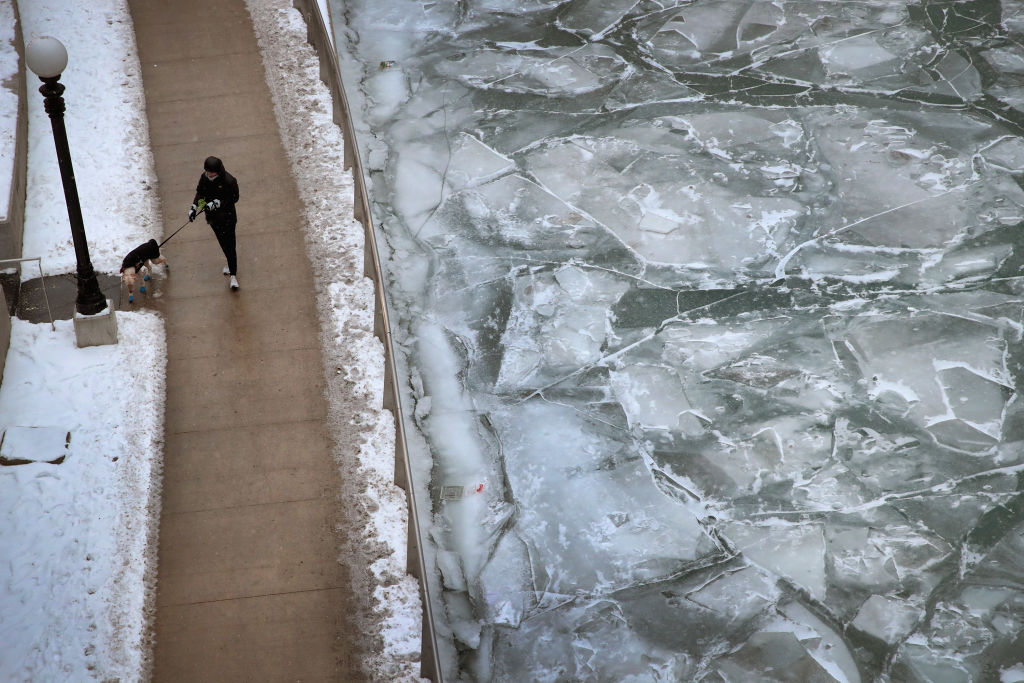
A free daily email with the biggest news stories of the day – and the best features from TheWeek.com
You are now subscribed
Your newsletter sign-up was successful
A major winter storm is already sliding into the Midwest, making it downright dangerous to even step outside. Here's what to expect from the oncoming polar vortex.
Temperatures colder than Antarctica: Weather stations around the South Pole showed temperatures around 20-30 degrees Fahrenheit on Tuesday, seeing as it's summer down south, per Accuweather. Chicago can expect a potentially record-setting temperature of 15 degrees below zero on Wednesday. Wisconsin's and Minnesota's temperatures are likely to be even lower. Those temperatures, worsened to as low as 50 degrees below zero by intense wind chills, are cold enough to give you hypothermia in less than five minutes, CBS News says. It's all prompted states of emergencies in Michigan, Wisconsin, and Illinois.
Freezing temperatures nearly nationwide:
The Week
Escape your echo chamber. Get the facts behind the news, plus analysis from multiple perspectives.

Sign up for The Week's Free Newsletters
From our morning news briefing to a weekly Good News Newsletter, get the best of The Week delivered directly to your inbox.
From our morning news briefing to a weekly Good News Newsletter, get the best of The Week delivered directly to your inbox.
Hundreds of schools closing: From as far west as North Dakota and on through Buffalo, New York, schools were closed far in advance of Wednesday's weather forecast. Further east, closures mostly stem from an expected two feet of snow. Government buildings and courthouses across the Midwest are already shut down, too. It's even too cold for an ice castle display in Geneva, Illinois, reports ABC7 Chicago.
Flight cancellations: Snow stymied 1,300 flights from Chicago's airports on Monday, and hundreds more were canceled Tuesday morning, per FlightAware.com. A surprising snow in Atlanta also saw 300 flights into and out of the city canceled Tuesday. Georgia's capital is expected to see the most cancellations in the coming days, Fortune writes.
The Super Bowl is still on: It's in Atlanta, but things should be cleared up by then.
A free daily email with the biggest news stories of the day – and the best features from TheWeek.com
Kathryn is a graduate of Syracuse University, with degrees in magazine journalism and information technology, along with hours to earn another degree after working at SU's independent paper The Daily Orange. She's currently recovering from a horse addiction while living in New York City, and likes to share her extremely dry sense of humor on Twitter.
-
 Why are election experts taking Trump’s midterm threats seriously?
Why are election experts taking Trump’s midterm threats seriously?IN THE SPOTLIGHT As the president muses about polling place deployments and a centralized electoral system aimed at one-party control, lawmakers are taking this administration at its word
-
 ‘Restaurateurs have become millionaires’
‘Restaurateurs have become millionaires’Instant Opinion Opinion, comment and editorials of the day
-
 Earth is rapidly approaching a ‘hothouse’ trajectory of warming
Earth is rapidly approaching a ‘hothouse’ trajectory of warmingThe explainer It may become impossible to fix
-
 At least 8 dead in California’s deadliest avalanche
At least 8 dead in California’s deadliest avalancheSpeed Read The avalanche near Lake Tahoe was the deadliest in modern California history and the worst in the US since 1981
-
 Death toll from Southeast Asia storms tops 1,000
Death toll from Southeast Asia storms tops 1,000speed read Catastrophic floods and landslides have struck Sri Lanka, Indonesia, Thailand and Malaysia
-
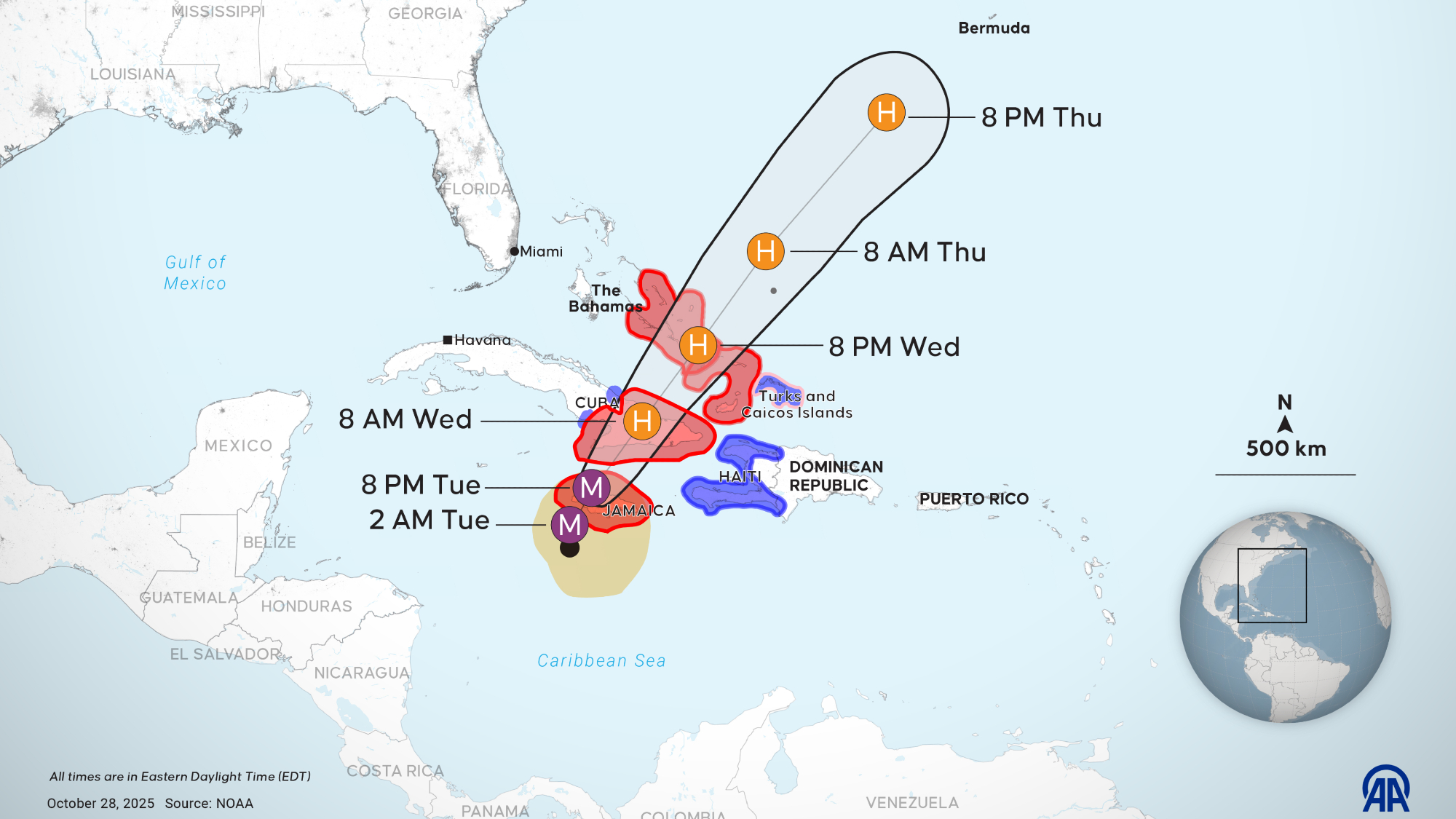 Hurricane Melissa slams Jamaica as Category 5 storm
Hurricane Melissa slams Jamaica as Category 5 stormSpeed Read The year’s most powerful storm is also expected to be the strongest ever recorded in Jamaica
-
 Renewables top coal as Trump seeks reversal
Renewables top coal as Trump seeks reversalSpeed Read For the first time, renewable energy sources generated more power than coal, said a new report
-
 China vows first emissions cut, sidelining US
China vows first emissions cut, sidelining USSpeed Read The US, the world’s No. 2 emitter, did not attend the New York summit
-
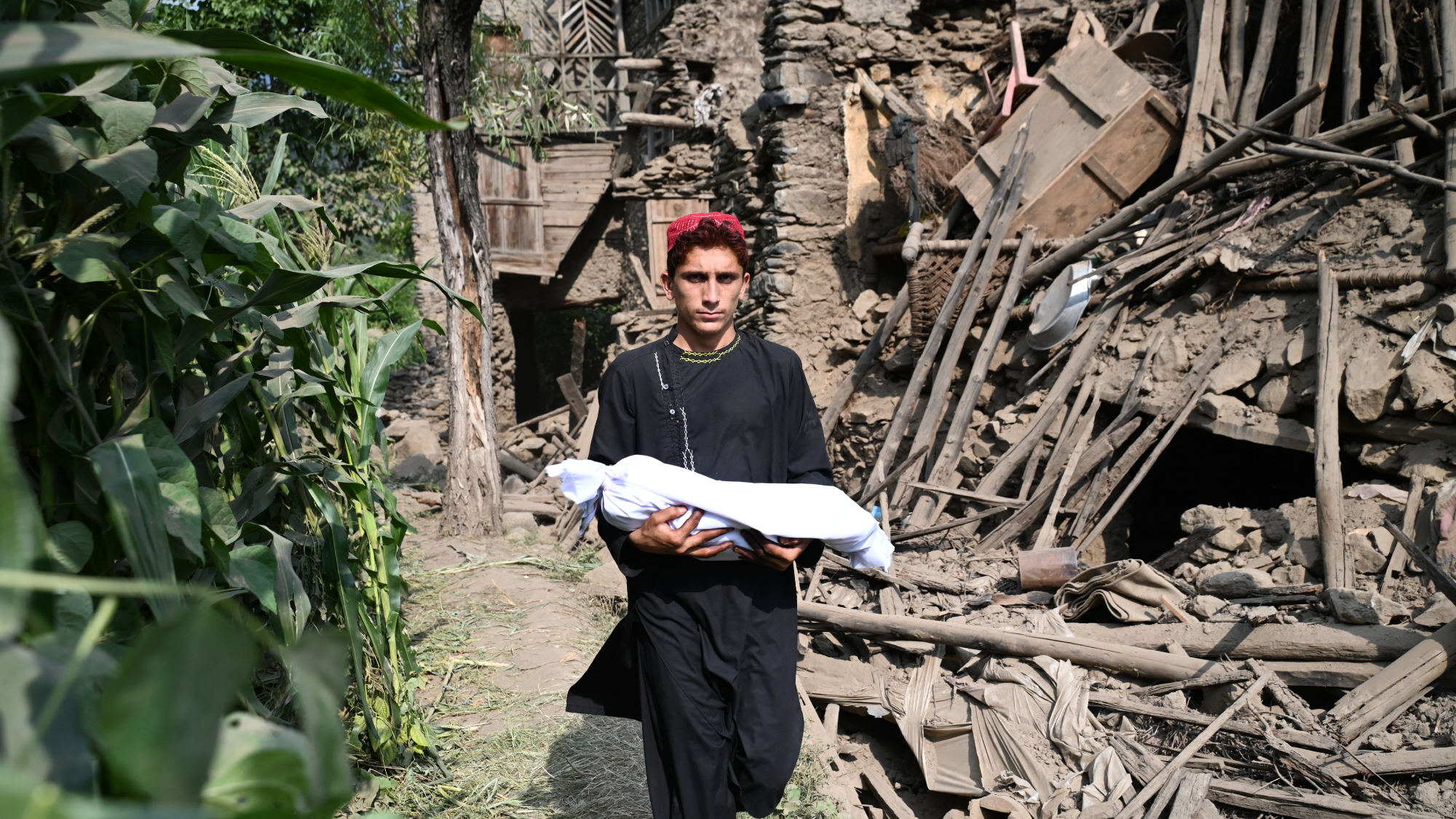 At least 800 dead in Afghanistan earthquake
At least 800 dead in Afghanistan earthquakespeed read A magnitude 6.0 earthquake hit a mountainous region of eastern Afghanistan
-
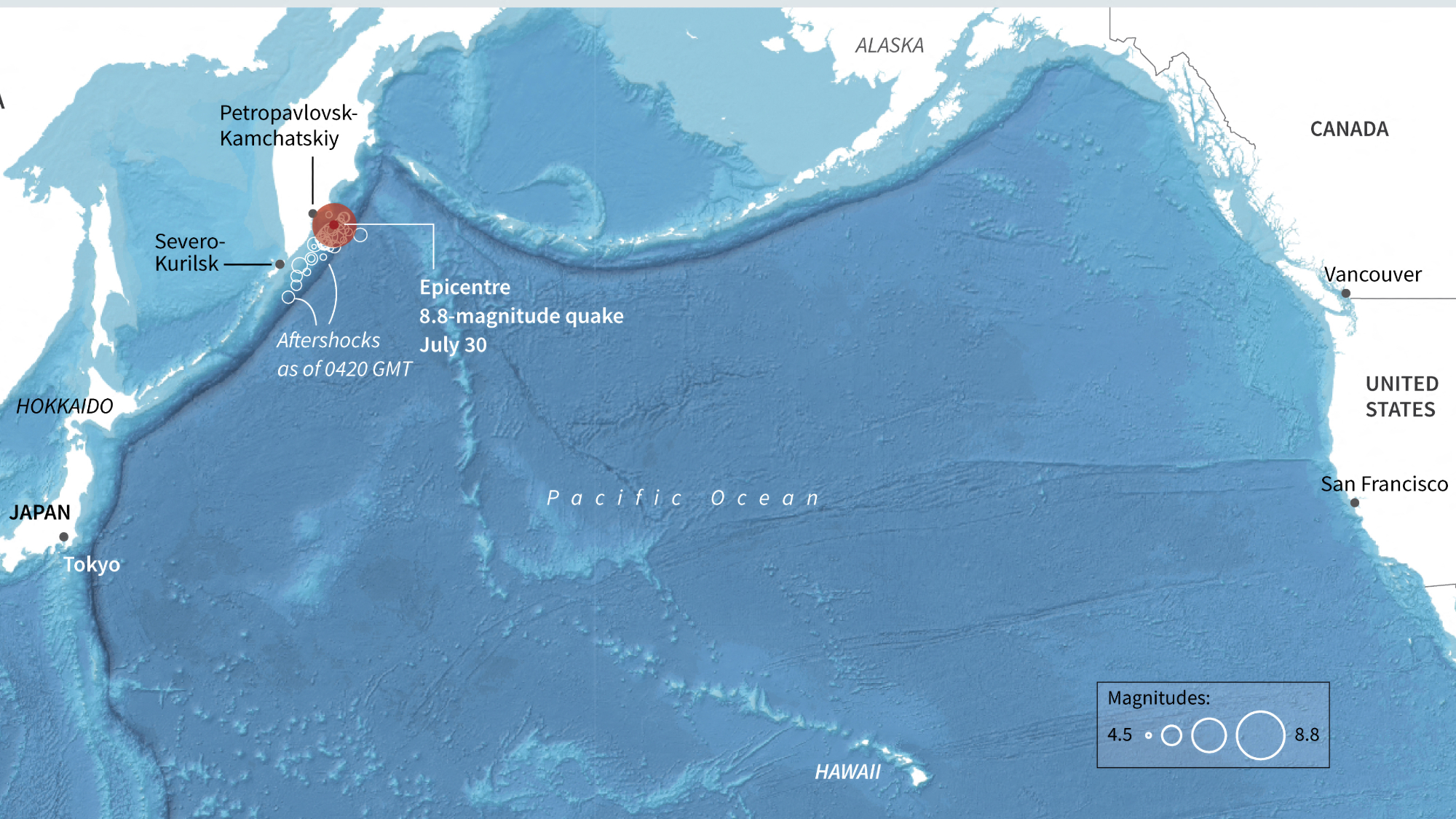 Massive earthquake sends tsunami across Pacific
Massive earthquake sends tsunami across PacificSpeed Read Hundreds of thousands of people in Japan and Hawaii were told to evacuate to higher ground
-
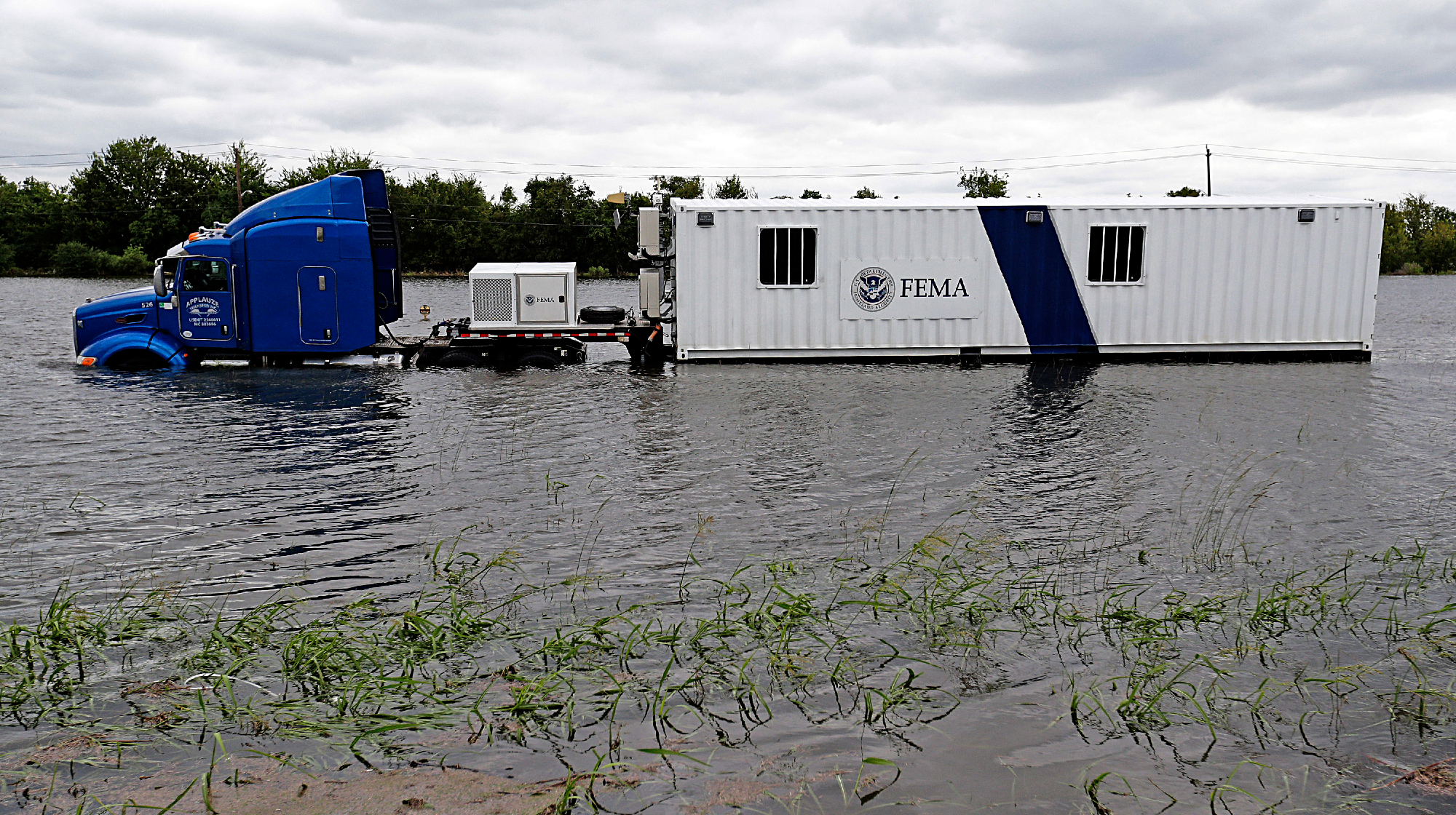 FEMA Urban Search and Rescue chief resigns
FEMA Urban Search and Rescue chief resignsSpeed Read Ken Pagurek has left the organization, citing 'chaos'
